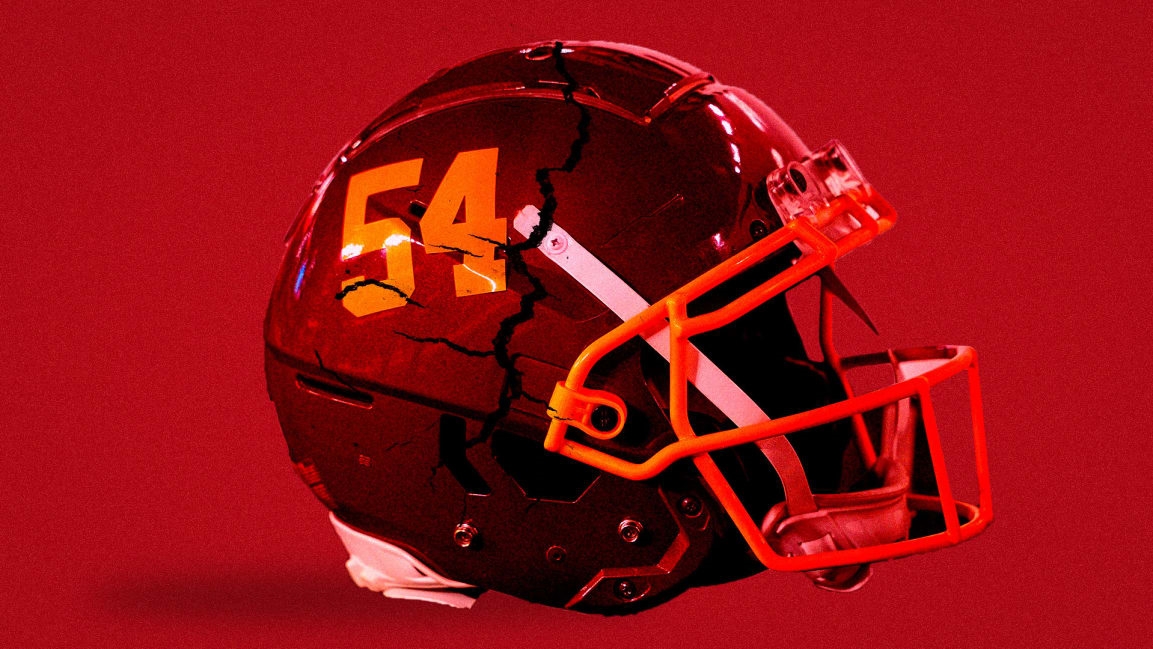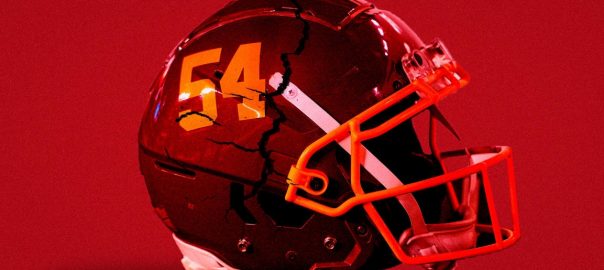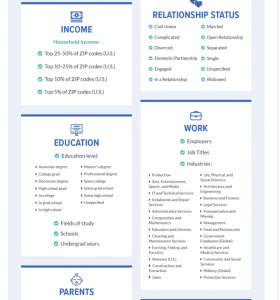
After 18 months or so, the NFL’s Washington football team—temporarily known as Washington Football Team—has a new name. The Washington Commanders. The big news about the official new team name was revealed on February 2 (even if a local news helicopter spotted the name the night before).
The team had been called the Washington Redskins since 1937, and even after years of pressure over the name’s racism, team owner Daniel Snyder told USA Today in 2013 he’d never change it. “It’s that simple. NEVER—you can use caps,” he said. It finally took letters from corporate partners and sponsors like FedEx, Nike, and PepsiCo to change his mind.
One legacy. One unified future.
We are the Washington Commanders #TakeCommand pic.twitter.com/Eav9NOV5Mm
— Washington Commanders (@Commanders) February 2, 2022
The biggest challenge for the Washington Commanders, however, isn’t donning a new name, which Snyder, after all, only changed under intense corporate pressure, after years of disingenuous PR campaigns trying to position the name Redskins as “heritage” rather than overtly racist. His overall ownership record is marked by unimpressive play on the field, and massive dysfunction in the front office.
Martin Conway, a professor of sports business at Georgetown University, says these two things combined go deeper than an offensive team name. “Since Daniel Snyder took over the team, it’s been a losing enterprise,” he says. “There have been occasional short playoff runs, or [an] above .500-record season, but by and large, his record is negative. In sports, no matter what you’re talking about from a brand and marketing point of view, you cannot outrun your record.”
If you think Commanders feels a bit weird, or sounds like something movie producers would come up with to avoid having to pay licensing fees to the NFL, you’re not alone. Just take a peek at Twitter. And while Commanders may not be your cup of tea, it’s important to remember that team brands are built over time, as familiarity and—ideally—a winning record slowly integrate it into that city’s cultural system.
When Toronto, back in the mid-’90s, tapped into Jurassic Park mania to name its new NBA franchise, it was widely mocked (and rightly so) as a blatant, short-sighted marketing ploy. The purple dinosaur logo was laughed at as a basketball Barney. And this was before Twitter! Fast-forward a couple of decades, and the Raptors is a beloved franchise with insanely passionate fans, who now actively embrace its purple dino heritage.
And there have been other new team-naming successes in recent years, like the widely lauded rollout of the NHL’s Seattle Kraken in 2020; even the Major League Baseball’s Cleveland Guardians rebrand last November went pretty smoothly, despite the former Cleveland Indians having the same culturally tone-deaf issue as Washington’s team.
Besides, what’s in a name, anyway? Consider other NFL monikers: Is the New York team called the Jets because they play . . . near an airport? And what exactly is a Buffalo Bill? Or a Packer, for that matter, by way of Green Bay? There are no lions in Detroit. And the Cleveland Browns? Though the team was named after its cofounder and beloved first coach, Paul Brown, that was in 1945. Can you even imagine that happening today?
In 2015, Rolling Stone named Snyder the Worst Owner in Sports. Last July, the league itself fined the team $10 million, after a yearlong investigation into the club’s toxic sexual-harassment culture. And just one day after the new name is announced, the Congressional House Oversight Committee is holding a roundtable on Capitol Hill, following up on the NFL’s findings, hosting some of the accusers from that investigation. This is not exactly a strong brand foundation, and it’s certainly far more than a new name, however PC, can attempt to mitigate.
“These incidents of mistreatment and harassment signal a lack of stewardship for the franchise,” says Conway. “What they haven’t done is cleared those decks by coming out and saying sorry. They’ve made some changes, but at the very top, they haven’t said, ‘We didn’t do right by people, we’re in the process of making it right. Our new direction will include a new name and principles’—and I don’t think you can turn the tide until you do something like that.”
Fast Company , Read Full Story
(37)
Report Post






